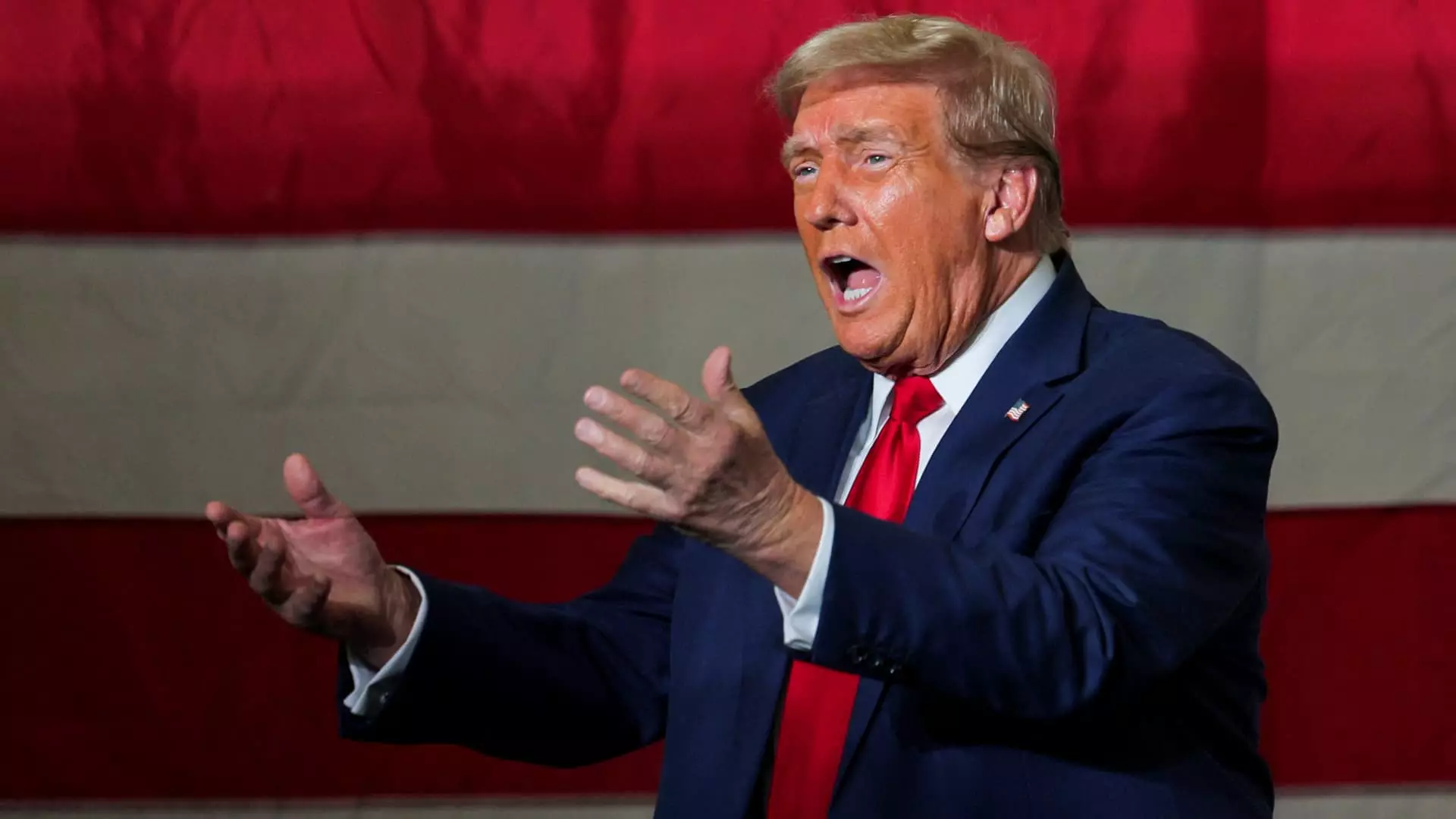The unsealing of Special Counsel Jack Smith’s motion regarding Donald Trump offers a glimpse into the complexities surrounding legal accountability for a former president. The 165-page document reveals efforts to overturn the 2020 election and raises significant questions about how accountability is applied to figures of high political office, particularly in the context of electoral integrity.
The recent scrutiny into Trump’s actions during and after the 2020 presidential election has ignited discussions about the limits of presidential immunity. While a Supreme Court ruling suggested that Trump might have presumptive immunity for actions taken in his official capacity, Special Counsel Jack Smith argues that what Trump engaged in transcends this protective covering. Notably, Smith’s filing asserts that Trump’s alleged efforts to undermine the election results were not official acts but rather a “private scheme” involving co-conspirators. This distinction is crucial because it challenges the notion that presidential immunity can be used as a blanket defense for actions that threaten the integrity of the electoral process.
In evaluating the legal arguments presented, one must ponder the implications of declaring that a sitting president can operate outside the law under the guise of official duties. Smith’s assertions suggest that engaging in fraudulent activities to alter the course of a national election cannot be shielded by immunity. This perspective raises profound constitutional questions, particularly about the balance of power and accountability in the executive branch.
Smith’s filing contains startling references to Trump’s post-election behavior. Notably, it highlights instances where Trump allegedly sought to create chaos at vote counting sites—specifically in Detroit—when results began to reflect an unfavorable outcome for him. The document claims that on November 4, 2020, members of Trump’s campaign engaged in efforts to disrupt the vote counting rather than pursue legitimate legal channels. This behavior, if true, showcases a strategic pivot from valid election challenges to orchestrated confusion, embodying the darker aspects of political maneuvering.
Further allegations outline attempts by key individuals within Trump’s inner circle, including then-Vice President Mike Pence, to counsel Trump on the election’s outcome during pivotal post-election meetings. The stark contrast between Pence’s efforts to encourage acceptance of the electoral defeat and Trump’s outright dismissal of those sentiments illustrates a significant rift in leadership and accountability. Pence’s suggestions, framed as alternatives to concede the election, reflect the complicated dynamics of loyalty and principle within Trump’s administration. It raises the question: to what extent do personal and political loyalties override fundamental democratic principles?
The ramifications of this ongoing legal saga extend beyond Trump as an individual. The inquiries into his actions resonate deeply within the broader context of American democracy, prompting necessary reflection on the electoral process’s integrity. If leaders in a democratic system can evade consequences for undermining its foundational elements, what does that imply for the future of governance? The critical discussions embodied in Smith’s filings serve as a reminder that adherence to democratic norms must prevail, and no individual should be above scrutiny, especially those in the highest offices.
Moreover, the situation serves as a touchpoint for the electorate. With the upcoming 2024 elections quickly approaching, understanding the implications of this case could shape voter perceptions and attitudes. Voters should interrogate the actions of not just individual candidates but the systems that allow for potential abuses of power to occur. After all, the legal ramifications surrounding Trump are not merely about a single individual but also about preserving the tenets of democracy that protect citizens’ rights and the integrity of their votes.
Looking Ahead: Implications for Future Leadership
As the legal proceedings continue, the latent effects on political discourse must not be overlooked. Trump’s legal battles may determine not only his potential return to power but also influence how future politicians shape their electoral strategies. While the separation between marked enthusiasm in political camps and adherence to rule of law may create rifts, it is imperative that America strives for a political environment where accountability and integrity take precedence.
Ultimately, the unsealing of Smith’s motion serves as a catalyst for reexamining not just Trump’s actions but how future leaders must navigate the intersections of power, accountability, and electoral integrity. The protection of democratic principles requires vigilance and a commitment that transcends party lines, defining a healthy political landscape where integrity is non-negotiable, and accountability remains paramount.


Leave a Reply